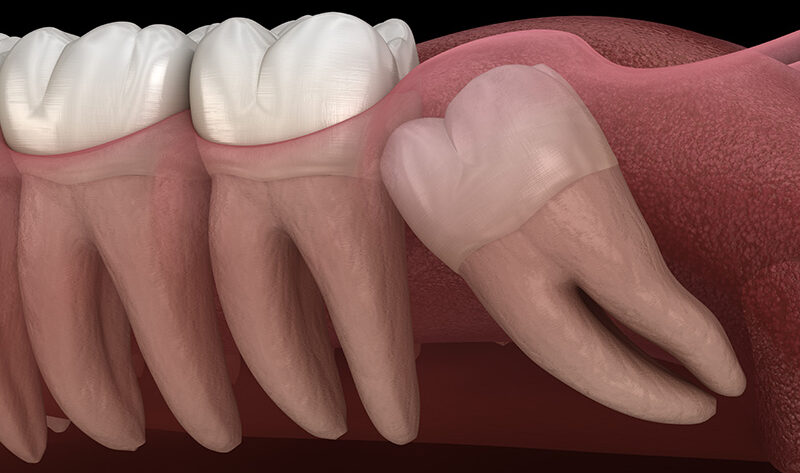Wisdom teeth, also known as third molars, have long been a subject of curiosity and apprehension for many individuals. These enigmatic teeth emerge at the back of the mouth during the late teenage years or early twenties, often causing discomfort and raising questions about their purpose and the need for removal.
In West Valley, Utah, where oral health is of utmost importance, understanding wisdom teeth is essential for maintaining overall dental well-being. This article aims to shed light on wisdom teeth in West Valley, Utah, their significance, potential issues, and available treatment options.
The Role and Purpose of Wisdom Teeth
Wisdom teeth were an essential part of our ancestors’ diet, which primarily consisted of coarse foods like nuts, roots, and uncooked meats. Over time, human diets have evolved, and our jaws have become smaller.
Unfortunately, this evolutionary change has left little room for wisdom teeth to emerge fully. As a result, many individuals experience issues when these molars attempt to break through the gum line.
The typical adult mouth has 32 teeth, including four wisdom teeth – two on the upper jaw and two on the lower jaw. They usually begin to emerge between the ages of 17 and 25. In some cases, individuals may not develop wisdom teeth at all, which is entirely normal and not a cause for concern.
Common Issues Associated with Wisdom Teeth
While some people experience trouble-free wisdom teeth eruption, many encounter various complications, such as:
Impaction: The lack of sufficient space in the mouth can cause wisdom teeth to emerge partially or not at all, leading to impaction. This condition can be painful and may result in infection or cyst formation.
Crowding: Wisdom teeth trying to push through crowded spaces can disrupt the alignment of neighboring teeth, leading to misalignment issues.
Infection and Gum Disease: Partially erupted wisdom teeth can create pockets in the gums that become breeding grounds for bacteria, leading to infections and gum disease.
Cysts and Tumors: In rare cases, wisdom teeth can lead to the development of cysts and tumors around the jaw, causing potential damage to adjacent teeth and bone structures.
Decay: Wisdom teeth are challenging to clean properly due to their location at the back of the mouth. Consequently, they are more susceptible to decay and cavities.
Treatment Options
If wisdom teeth cause discomfort or pose a risk to oral health, dental professionals in West Valley, Utah, may recommend one of the following treatment options:
Observation: In some cases, if wisdom teeth are not causing any problems and are not impacted, dentists may choose to monitor their development regularly.
Extraction: Wisdom teeth removal is a common solution for impacted, partially erupted, or problematic molars. Dental professionals with expertise in oral surgery perform extractions with care to minimize discomfort and promote a smooth recovery.
Preemptive Removal: Some individuals may opt for wisdom teeth removal even before problems arise, as a preventive measure to avoid potential complications.
Conclusion
Wisdom teeth, while intriguing from an evolutionary standpoint, can be a source of dental issues for many individuals in West Valley, Utah. Understanding the role and potential problems associated with these third molars is crucial for maintaining optimal oral health. Regular dental check-ups and consultations with experienced professionals can help individuals make informed decisions about whether wisdom teeth removal is necessary. Embracing modern dental practices and wisdom teeth management can ensure a healthy and beautiful smile for a lifetime.




